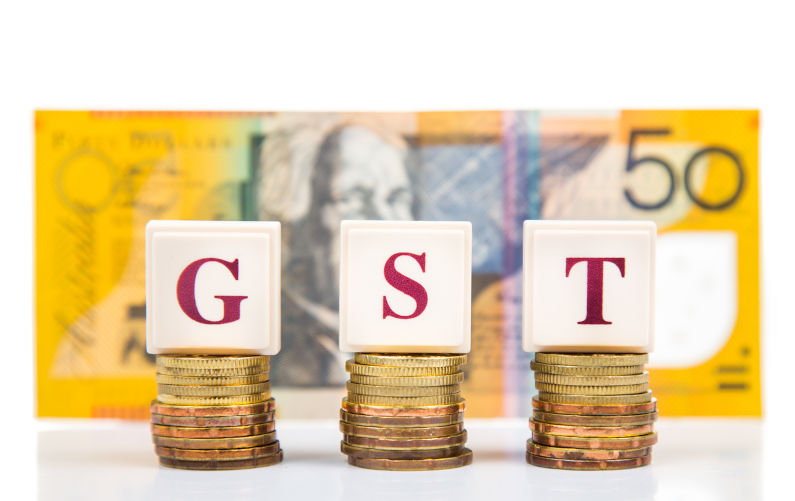Why WA gets the share of GST that it wants
September 7, 2024
WA Treasurer Rita Saffioti MLA is almost certainly right when she says that there would be a “voter backlash” [in Western Australia] if “you take our [sic] GST”, as reported in The Australian.
But that underscores the intellectual and moral bankruptcy of the arguments advanced for what I’ve described as The Worst Public Policy Decision of the 21st Century Thus Far (the changes to the GST-revenue sharing arrangements imposed by the Morrison Government at the behest of WA in 2018, and extended by the Albanese Government to at least 2029-30).
This was only ever about votes for WA seats in the House of Representatives. And it still is (as Saffioti’s comments show).
Remember that the whole system of “horizontal fiscal equalisation” — the distribution of federal funds to the states (and more recently territories) in such a way as to enable them (if they wish) to provide a similar range of services to their citizens whilst levying on them similar levels of state taxation — was invented in the wake of the Wexit referendum in 1933, and that for almost seven decades after then, in fulfilment of that objective, WA got more than what it would nowadays call “100 cents in the dollar” (code for “more than they would get under an equal per capita distribution”) of whatever “untied” federal grants were going around.
Then, in the early 2000s, WA got (to adapt a Keatingism) “kissed on the arse by a Chinese rainbow”, with rivers of gold (or, more accurately, iron ore royalties) flowing into its state treasury coffers, such that it no longer needed more than “100 cents in the dollar” of federal grants to be able to provide its citizens with similar services to those in other states (and, in fact, could readily do so with considerably less).
The bleatings of successive WA state governments about the purported “unfairness” of this were ignored by successive federal governments of both political persuasions (Howard, Rudd, Gillard and Abbott) until the 2016 election, which the Coalition under Malcolm Turnbull won by one seat, and that only because it retained 12 of WA’s then 15 seats in the House of Representatives. (Likewise, Labor’s majority in the current House of Reps is entirely due to the four extra WA seats it won in 2022).
As a result, WA had the rest of the country by the proverbial, and it used that grip to force the Morrison Government into corrupting the longstanding system which has ensured, up until now, that it doesn’t matter nearly as much what state you live in as to the quality of the schooling your kids get, the quality of the healthcare you and your parents get, the quality of the policing your community gets and so on, as it does in other federations (particularly the United States).
That’s one of the things that makes Australia a better country than the United States (as The Economist magazine noted this week when explaining why Australians tend to live longer than people in other English-speaking countries).
But as a result of the Worst Public Policy Decision of the 21st Century Thus Far, residents of what is now Australia’s richest state (by a bigger margin than any other state has ever been) will ultimately enjoy better public services and lower state taxes than other Australians – thanks to $53 billion being transferred from the Federal Budget to the WA Government over 11 years (according to the most recent set of Federal Treasury estimates). And, in the meantime, WA can run budget surpluses — surpluses so big that they can afford to give their government business enterprises $1 billion-plus “dividend holidays” — whilst other states and territories are running deficits on which they will have to pay hundreds of millions of dollars in interest for decades.
And finally, of course, despite what Saffioti and other Western Australians continue to say, it isn’t “their” GST. GST is a federal tax, collected by a federal agency (the ATO) under a law passed by the Federal Parliament. And no-one (least of all the ATO) knows how much GST is collected in each state and territory (because they don’t ask businesses where their customers or suppliers are located when they fill in their BASs, from which their GST liabilities are calculated).
Annabel Crabb — who I wouldn’t instinctively have expected to take such an interest in this topic — also had an excellent piece on it on the ABC website today: Western Australia has trapped the major parties in a $53b GST trap — because no-one dares anger the Vengeful Deity of the West - ABC News
Republished from Saul Eslake's LinkedIn

